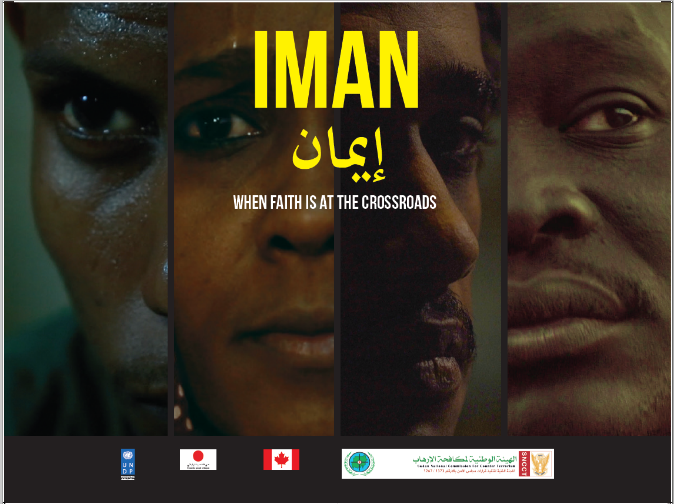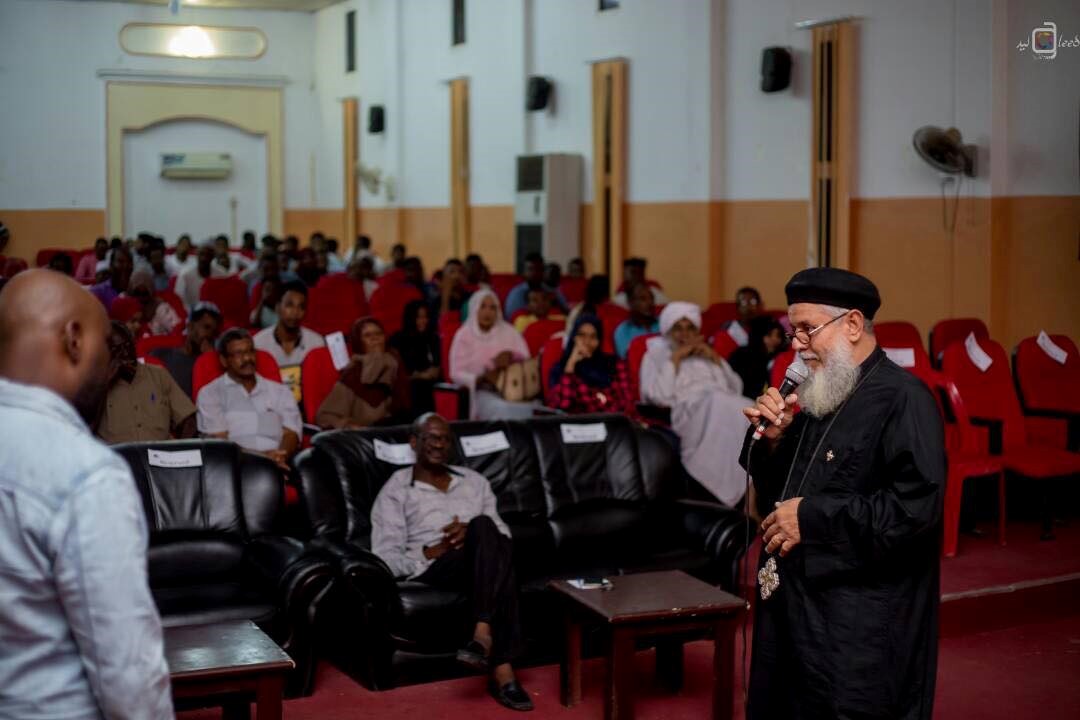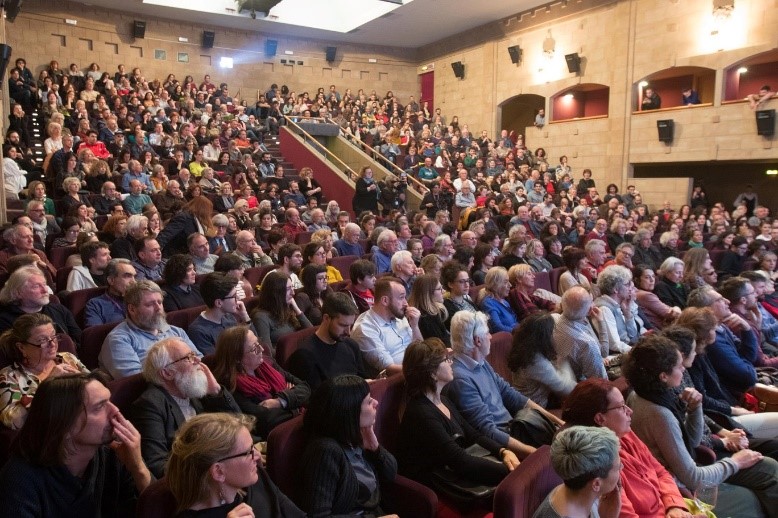Innovating to prevent violent extremism in Sudan
PAVE the way
April 25, 2018
In a ground-breaking UNDP study, interviewees listed poverty, exclusion and gender inequality among their reasons for joining violent extremist groups.
The rise of violent extremism (VE) over the last decade poses as great a challenge as any to many countries across the globe, a challenge that seems almost insurmountable. Violent extremism is a complex issue with arms reaching out to engulf many deep-rooted development issues, including poverty, lack of livelihoods and job opportunities, lack of education, exclusion and inequality. It affects both national and global security.
In Sudan, over the last two years, more than 3,000 people have joined Islamic State (IS) and Boko Haram. UNDP Sudan, in collaboration with the Sudan National Commission for Counter Terrorism, conducted a ground-breaking study, directly interviewing prisoners, returnees from Guantanamo Bay, and Islamic State families and friends of those who had joined violent extremist groups to better understand their motivations and how to pull them back from the brink.
Not so surprisingly, most of those joining these groups are youth, who make up over 60 percent of Sudan’s total population. Somewhat more surprisingly, 37 percent of those who joined VE groups were women. The study strongly highlighted that a focus on security-led responses to extremism cannot provide lasting solutions and that addressing the root causes of the problem, such as marginalization and exclusion especially among the young, is the only way forward. The study has further identified women’s sentiments of not being able to realize their full potential in societies and gender inequality as reasons for joining extremist groups.
We had an imperative to respond to this grave issue, but the big questions were: Where to start? What to do?
The complexity of the issue, while presenting a serious challenge, also presented a series of opportunities for us in the PAVE project (Partnering Against Violent Extremism) to explore new models, novel approaches and innovative solutions for combating VE. Targeting youth and women, we experimented with forging new partnerships to deliver key messages and with creating spaces and opportunities for groups to air their grievances, express their opinions, and become part of the development solution.
The feature film IMAN, produced by UNDP Sudan, is designed to stimulate debate on the topic of violent extremism.
Women’s empowerment: The PAVE study showed that parents, especially mothers, are often unaware of the factors that prompted their daughters to leave promising careers to join violent groups. In response, UNDP is working with imams, academia, women’s organizations and government organizations in developing mechanisms to involve women as female guides (Mourshidat) who preach moderate Islam; mothers in early warning and prevention; and women as resource persons for those returning from VE groups like IS.
Youth engagement: Marginalized from political processes, lacking sustainable employment options and suffering from an increased sense of isolation and suppression, youth in Sudan face huge challenges. UNDP Sudan therefore created a safe space for youth to express themselves not only to share dialogues but also to co-design and prototype solutions. Human centred design and design thinking were applied as core tools to involve youth in preventing violent extremism.
Further, to acquire new insights on analyzing violent extremist behaviour, UNDP and Nudge Lebanon organized behavioural insight strategic discussions with the government, development partners and civil society as a means to better understand and analyze youth behavioural patterns. The insights will be used to design responses to prevent young people from joining violent extremist groups.
Dialogue: UNDP Sudan produced IMAN, a feature film designed to stimulate a debate among Sudanese on the topic of violent extremism. The film starred UNDP National Goodwill Ambassadors Aswat Al-Madina, a band very popular amongst urban youth in the country.
Religious leaders participate in a discussion about preventing violent extremism in Sudan.
The film made artistic and thematic contributions to the topic of VE by triggering national and international level debates and gained widespread recognition via its inclusion in prestigious film festivals whilst reviving the film industry in Sudan.
The trailer of the film received almost 75,000 hits on YouTube and has generated immense debate. This helped UNDP and stakeholders to articulate programme responses that are in tune with the perceptions and opinions of the people of Sudan. The film received an immense reception on various platforms around the world and made entry into many film festivals and could win some awards. IMAN was used to stimulate and strengthen PVE interventions in training sessions around the world (for example: Barcelona Peace Center, SWEDINT, Kofi Anan International Peacekeeping Centre, Folke Bernadotte Academy) targeting practitioners and policy influencers and most recently in an Introduction to Terrorism course at the Combating Terrorism Center at West Point.
With only 12 years to achieve the SDGs and prevalence of serious challenges in achieving them in a context like Sudan, application of innovation as a core strategy has become imperative for next generation development interventions such as PAVE. The subtitle for the IMAN movie is “When faith is at the crossroads”. Similarly, we believe our work is at a crossroads. It’s time for all stakeholders to champion innovation in all the cross-cutting sectors of sustainable development.
Audience members watch a screening of IMAM in Florence, Italy.

 Locations
Locations



